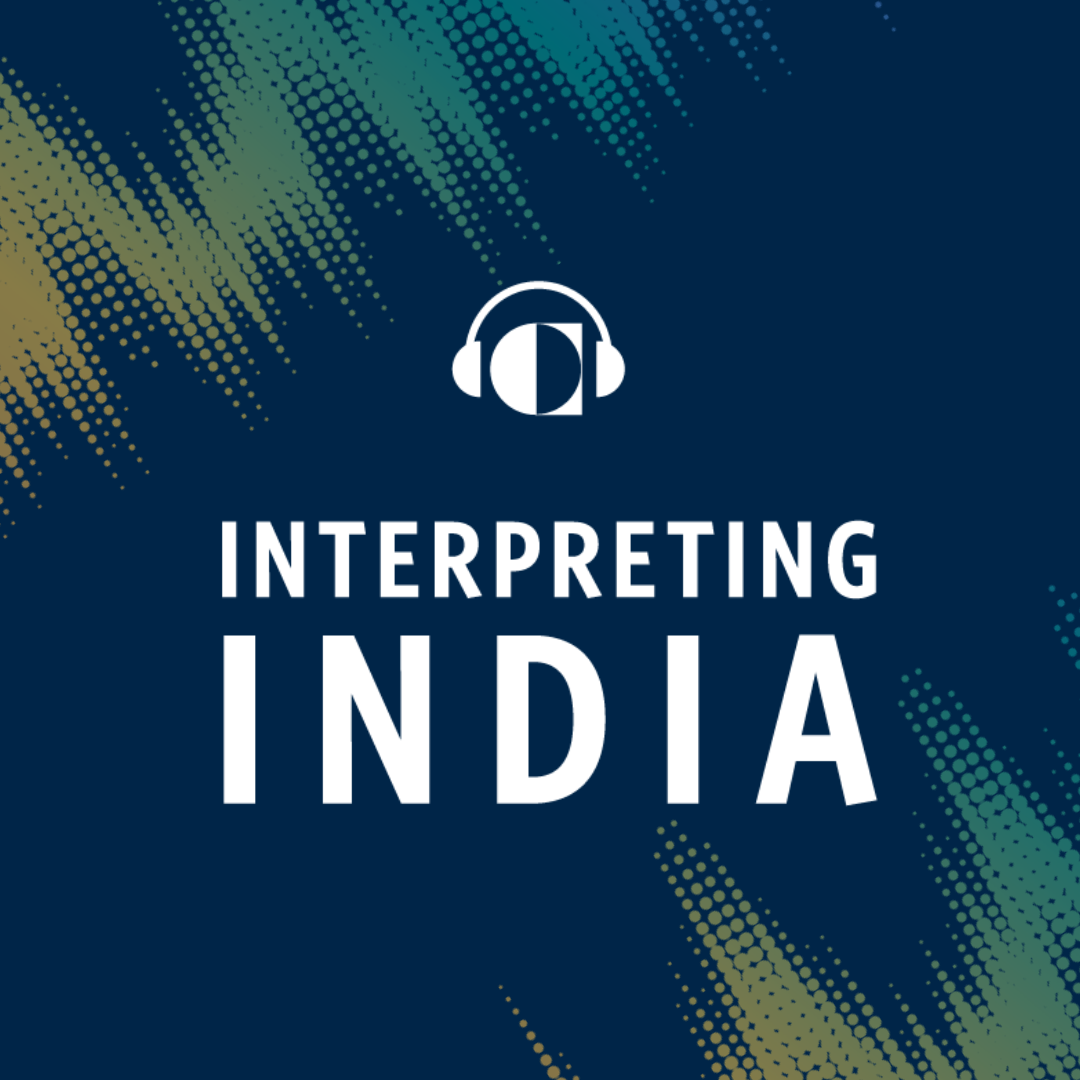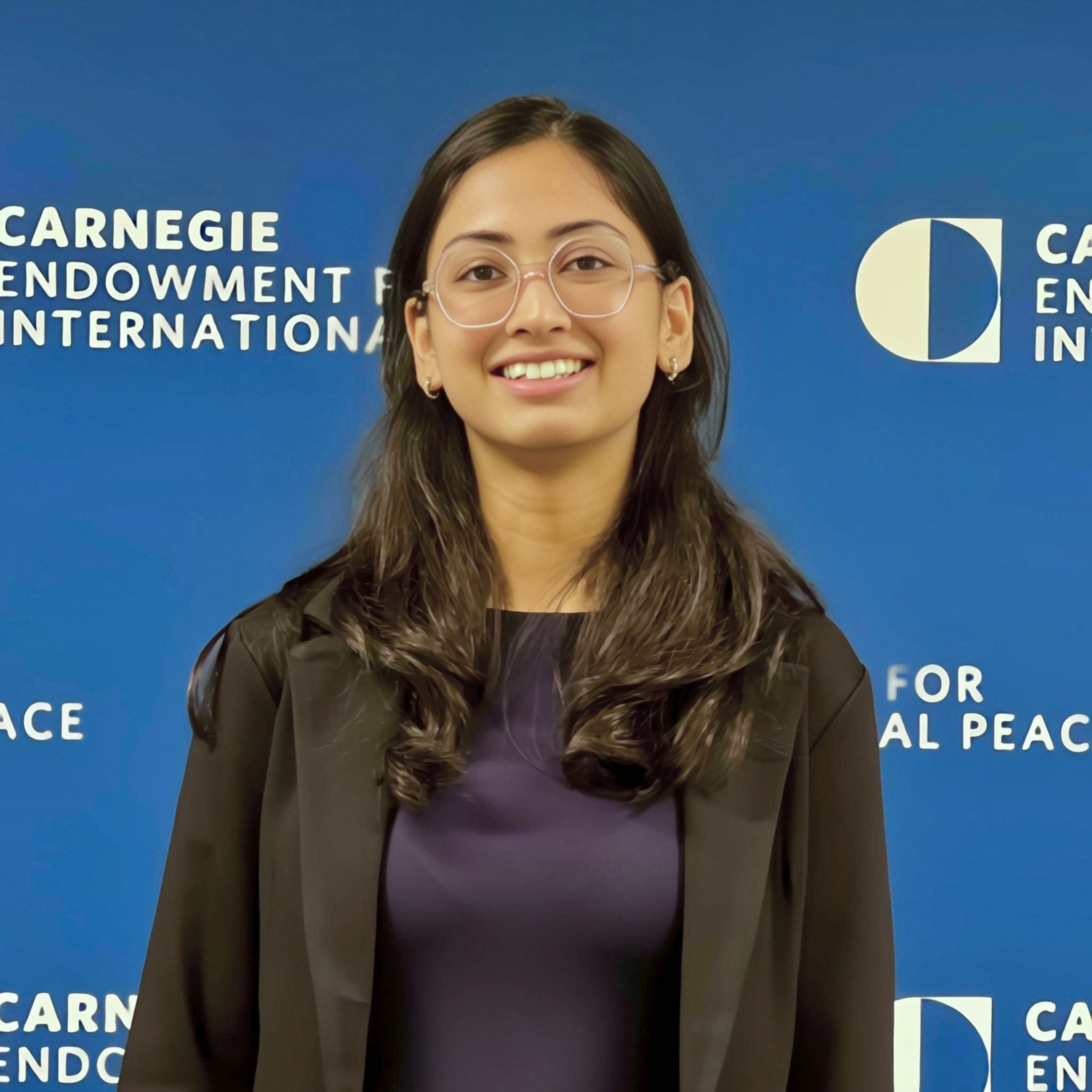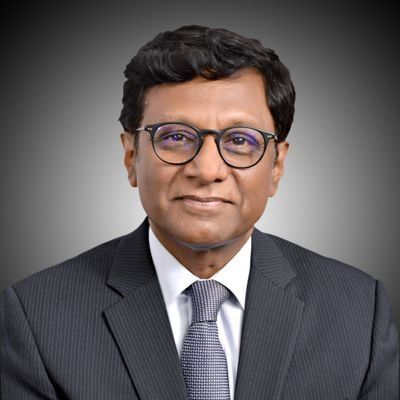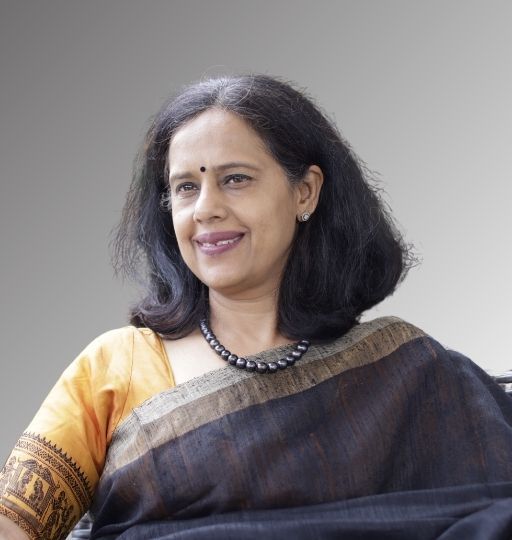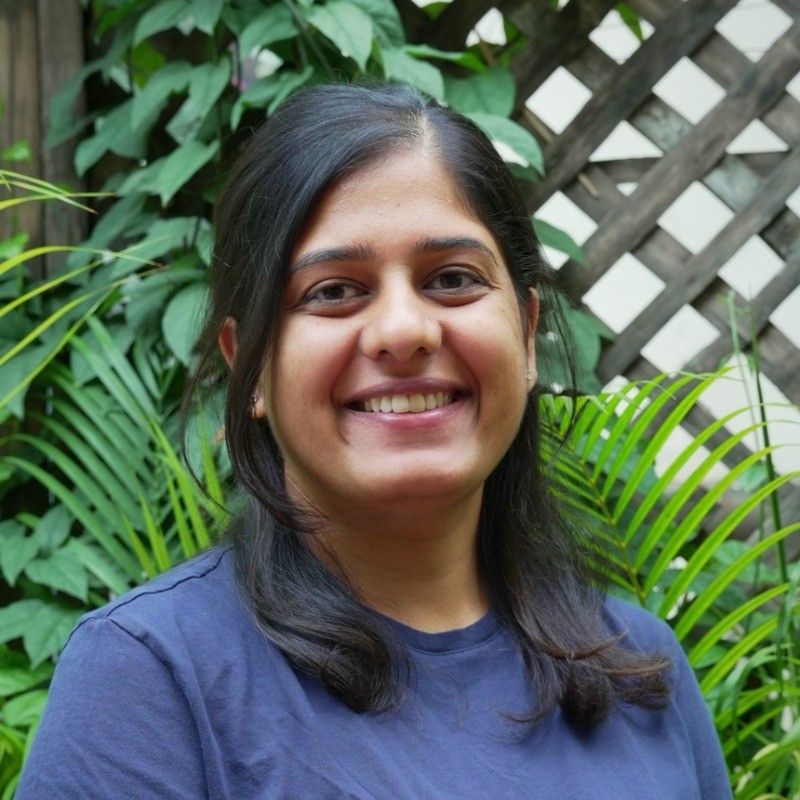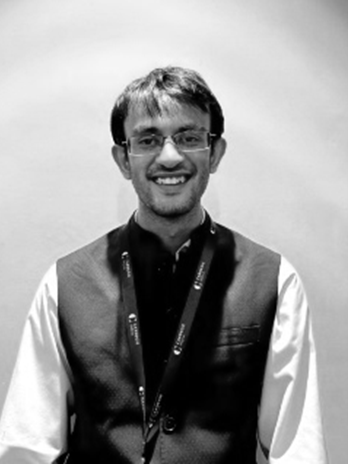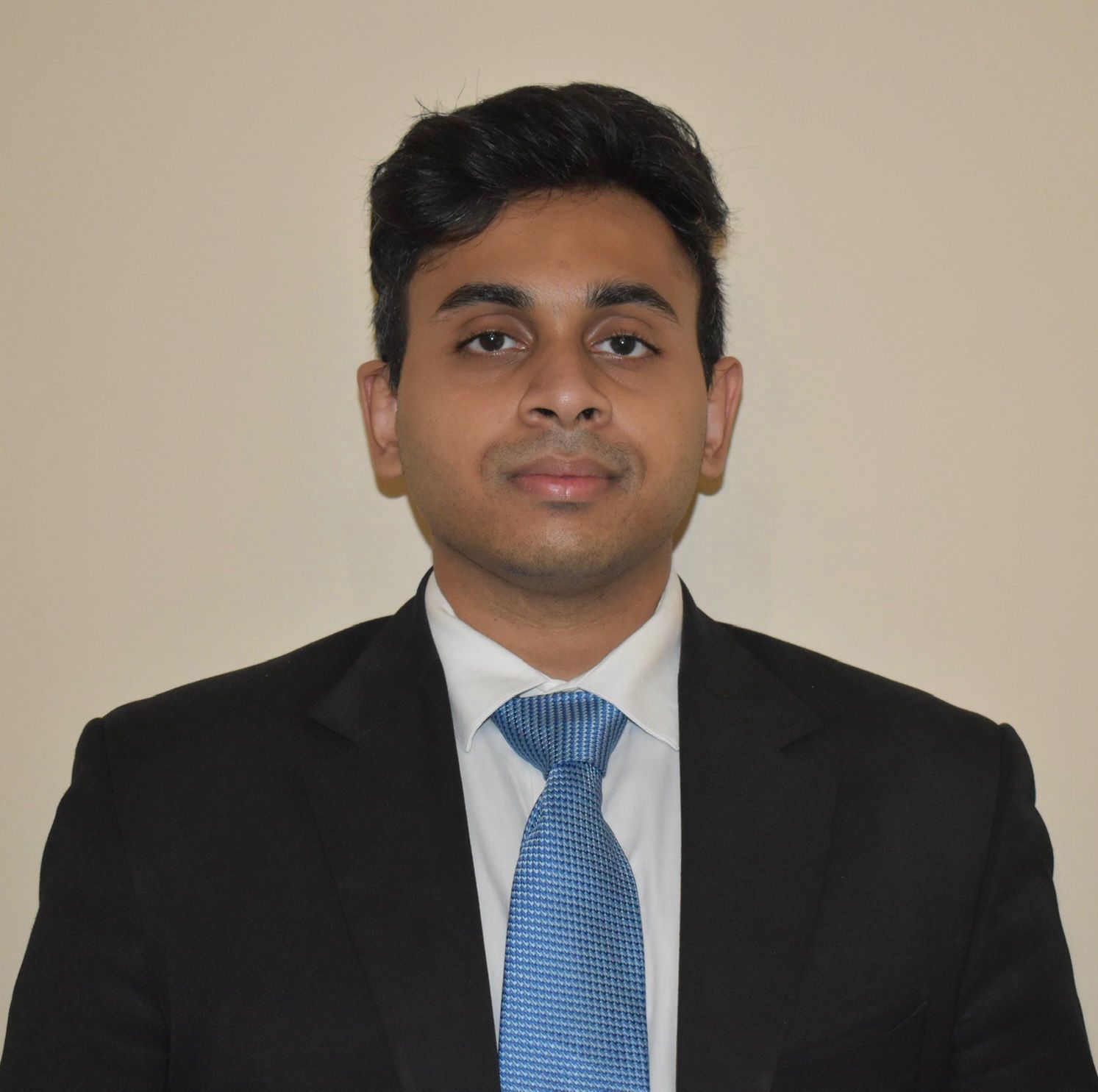Episode Summary
In this episode of Interpreting India, host Shruti Mittal is joined by Kailash Nadh, chief technology officer of Zerodha and co-founder of FOSS United, to provide a technologist’s perspective on one of the most consequential debates shaping the future of artificial intelligence: the open versus closed source AI debate. Against the backdrop of a rapidly evolving AI landscape, this conversation examines risks, rewards, and the strategic implications of open-source AI for India.
Episode Notes
The episode opens with an in-depth discussion about the value of open source as a model of development and how the definitional contours of open-source AI differ from those of traditional open-source software. The discussion also explores the characteristics and challenges that distinguish open-source AI models from conventional software development approaches.
The discussion goes on to address recent strategic shifts in the AI industry towards more open development, sparked by developments like DeepSeek's open-source R1 model and leaked internal assessments suggesting that open-source communities may be outpacing tech giants.
The discussion also explores the complex trade-offs between open and closed AI development. While open-source models offer transparency, democratization, and innovation benefits, they also present cybersecurity vulnerabilities and potential national security risks. Nadh addresses concerns about jailbreaking vulnerabilities in open models, using DeepSeek's recent security lapses as an example, while also examining the limitations and risks of closed proprietary systems.
Nadh also provides his perspective on India-specific considerations, including the government's IndiaAI Mission and the decision to develop a homegrown large language model, and discuss the strategic implications of India's approach, which is not expected to be open-source at first, and the potential for India to make meaningful progress in driving open-source AI development as a matter of policy.
